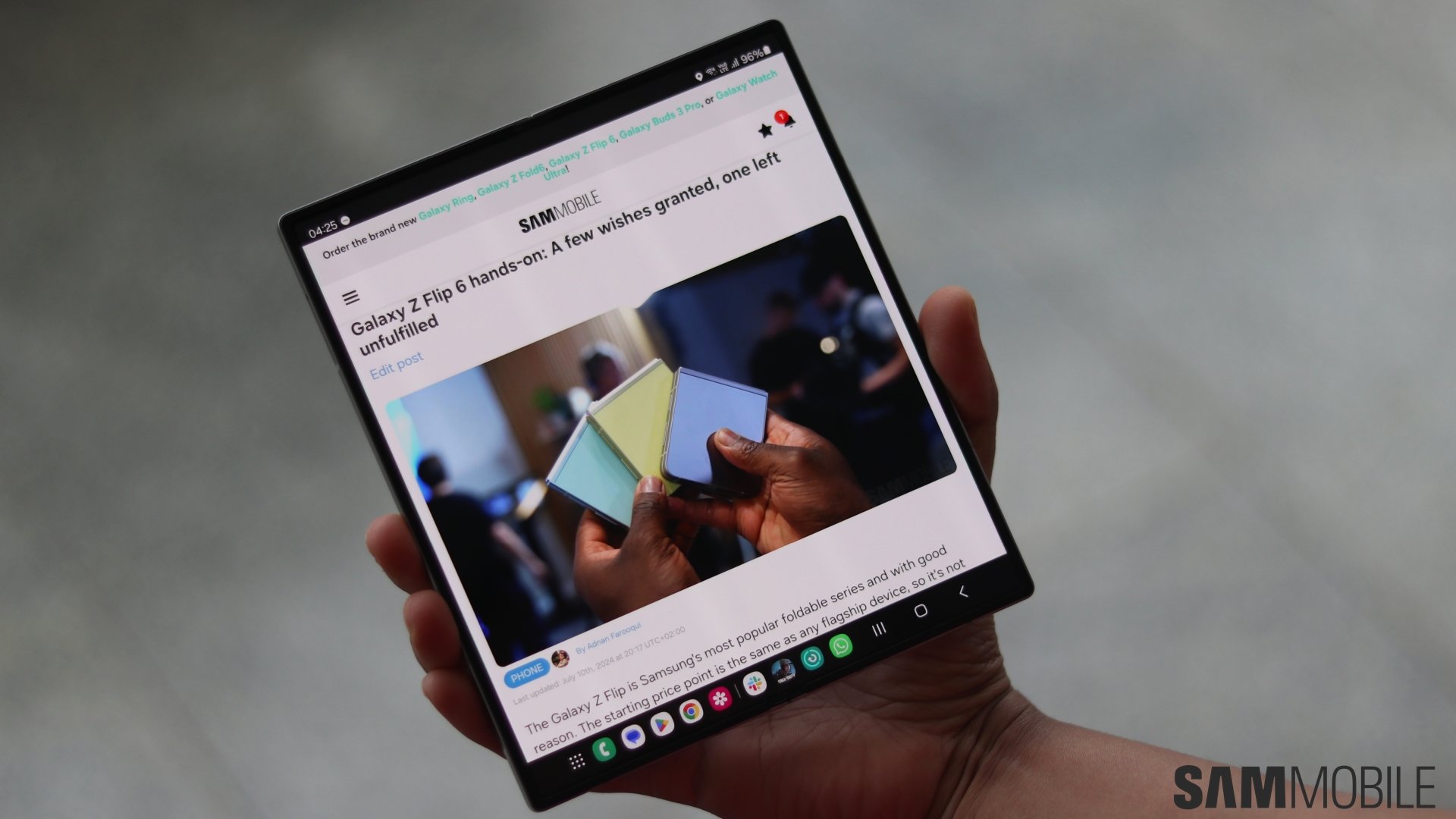
OnePlus held an event on Saturday in China to celebrate its ninth anniversary. During the event, the Chinese smartphone firm made a few important announcements, including its “strategic partnership” with OPPO, of whom the company is already a part. So, we are unsure how this is different as it is widely known that OnePlus is OPPO's sub-brand and uses its parent firm's R&D resources, technologies, and manufacturing facilities.
OPPO will invest $1.43 billion in OnePlus over the next three years

The company also announced its future plans and strategies. Over the next three years, OPPO will invest CNY 10 billion (around $1.43 billion) in OnePlus. It's not a considerable sum when considering smartphone industry investments. As a part of the companies' dual-brand strategy, OnePlus will focus on high-end and flagship phones, while OPPO will focus on mid-range and affordable phones.
OnePlus also announced that its high-end phones would have a zero net profit margin to bring the best features and highest quality in the price segment. However, this strategy might not work in the long run, especially against firms like Apple and Samsung, which have a massive presence globally and substantial marketing budgets.
In China, OnePlus is returning to the board and its original mantra of selling phones only through online stores. This will give the company better cost optimization. Moreover, users can get their OnePlus phones serviced at OPPO's service centers. OnePlus has also relaunched its OnePlus Community app focusing on user discussions that will inspire future products and features.
How will this affect Samsung?
With its zero net profit margin in the high-end segment, OnePlus could launch extremely specifications-heavy smartphones, especially compared to Samsung. However, the South Korean firm has moved onto a strategy that revolves around offering a consistent user experience, feature-rich software, a seamless ecosystem of services and products, and fast software updates. This is where OnePlus and OPPO could fail to compete with Samsung.
Moreover, it was recently reported that Samsung has decided to stop cost-cutting in its smartphone business. The company will reportedly focus on bringing quality features and hardware starting next year, and devices based on its new strategy could start coming out sometime in 2024.
While OPPO's and OnePlus' new strategy might not affect Samsung in mature markets like Europe and North America, the South Korean firm could face some difficulties in markets like China and India in the flagship killer space. So, Samsung needs to keep an eye on OnePlus to be on the safe side.


















